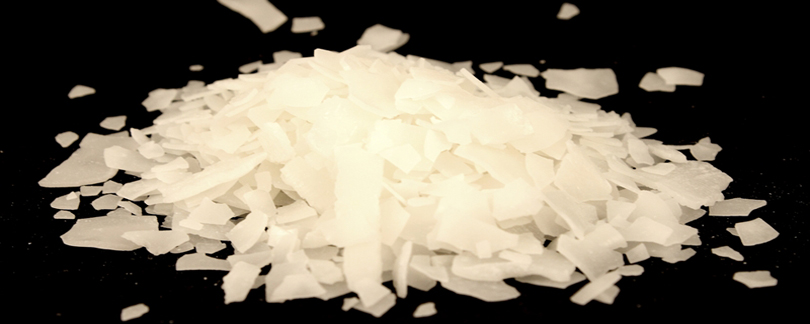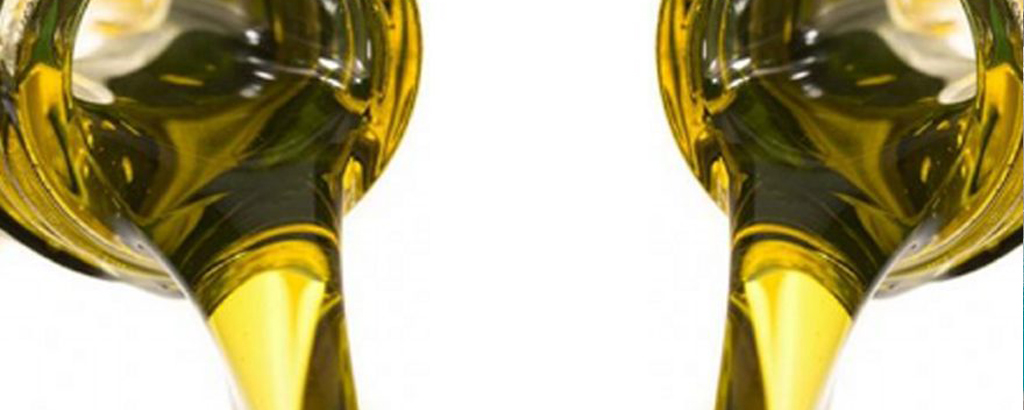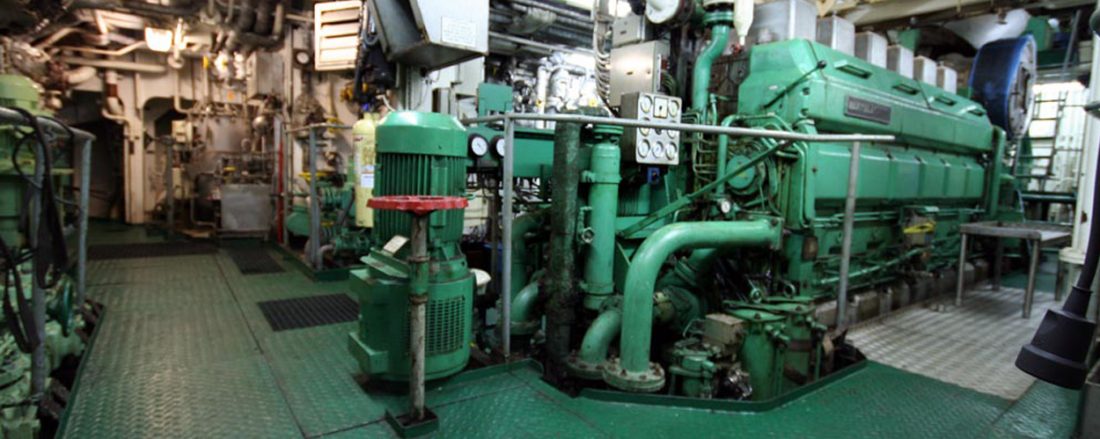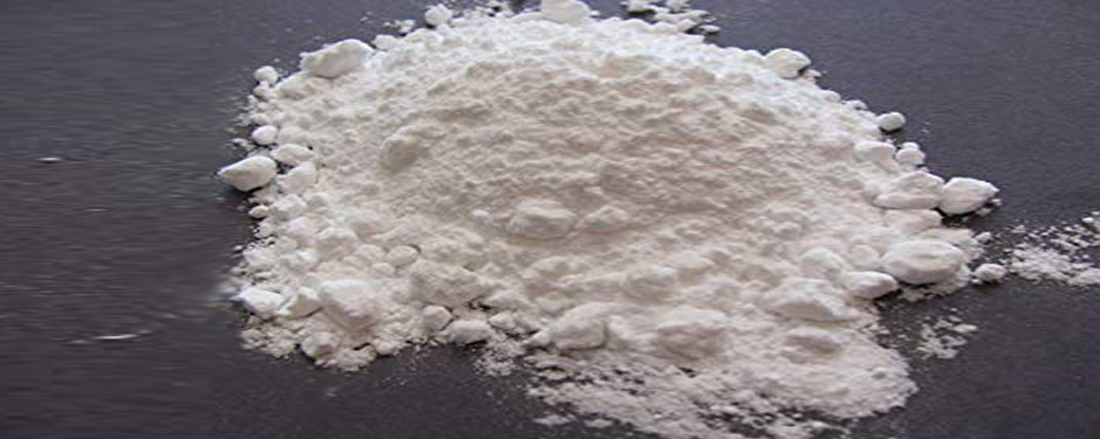SEASAND PURIFIED PARTICLE SIZE 40-150 MESH
Mesh Size (or U.S. Sieve Size) is defined as the number of openings in one square inch of a screen. For example, a 36 mesh screen will have 36 openings while a 150 mesh screen will have 150 openings. ... For example, a product identified as -100 mesh would contain only particles that passed through a 100 mesh screen.
Desert sand is largely useless to us. The overwhelming bulk of the sand we harvest goes to make concrete, and for that purpose, desert sand grains are the wrong shape. Eroded by wind rather than water, they are too smooth and rounded to lock together to form stable concrete.
The use of sea sand and seawater in concrete can provide sustainability to natural resources, while improving the mechanical properties of concrete. The corrosion of steel-reinforcement is inevitable with the use of sea sand seawater concrete. Therefore, non-corrosive Fibre-Reinforced-Polymers (FRP) is a solution.
Sea sand does not have high compressive strength, high tensile strength etc so it cannot be used in construction activities. In addition to this, the salt in sea sand tends to absorb moisture from atmosphere, bringing dampness.








